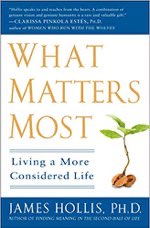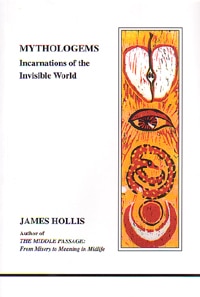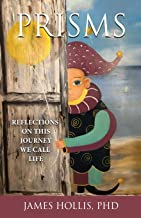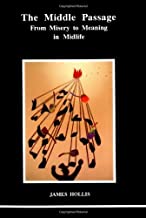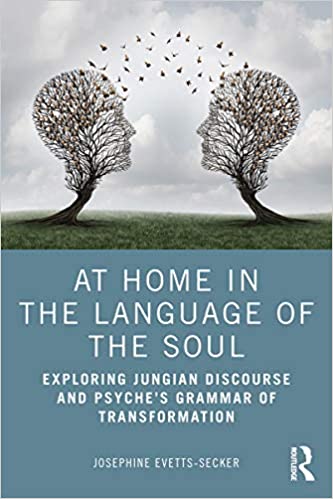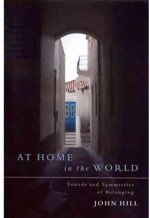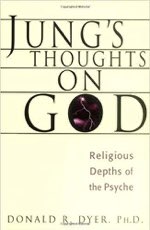What Matters Most: Living a More Considered Life
Why are we here? What is the meaning of existence? What truly matters the most in life? To even begin to answer these questions we must start by exploring our own internal ideals, values, and beliefs. Presenting the unique perspective of respected analyst and author James Hollis, Ph.D., What Matters Most helps readers learn to appreciate (even […]
What Matters Most: Living a More Considered Life Read More »
